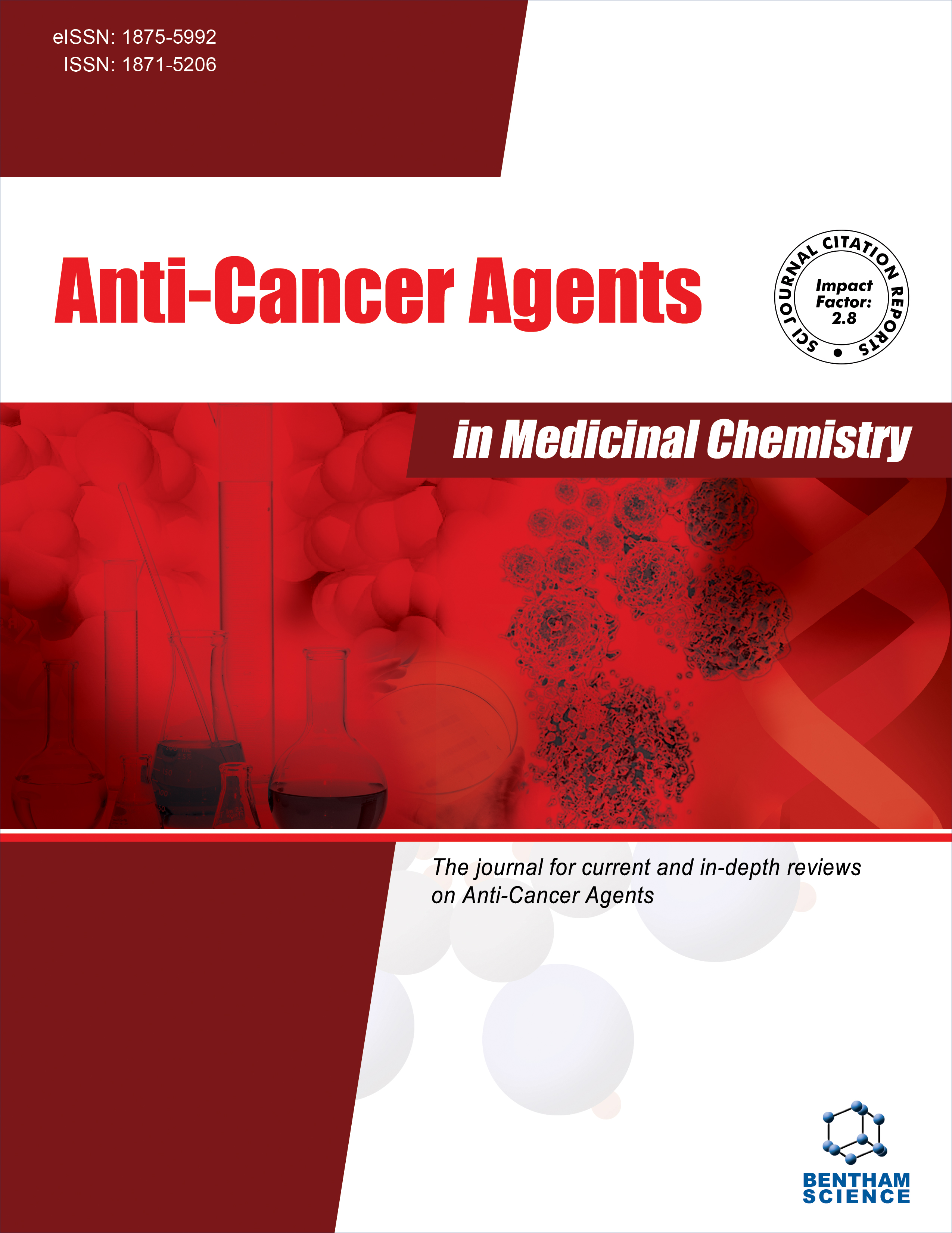
Full text loading...

Chemotherapy-induced gastrointestinal reactions are common in non-small cell lung cancer (NSCLC) patients undergoing carboplatin-based chemotherapy. Jianpi Yiwei granules (JPYW), a traditional Chinese medicine (TCM) formula, can alleviate these symptoms.
This multi-center, randomized, double-blind, placebo-controlled trial enrolled 136 NSCLC patients scheduled for carboplatin-based chemotherapy. Participants were randomly assigned to the treatment group (JPYW with standard antiemetic drugs) and the control group (placebo with standard antiemetic drugs). The complete control rate of nausea and vomiting was assessed using the Visual Analog Scale (VAS) and patient diaries. Control of anorexia, bloating, constipation, and quality of life was measured using the Functional Living Index-Emesis scale and the Brief Fatigue Inventory (BFI).
The primary objective of this study was to assess the efficacy of JPYW in alleviating non-vomiting digestive symptoms, such as nausea and anorexia, in NSCLC patients receiving carboplatin-based chemotherapy. The secondary objective was to evaluate its effect on improving bloating, constipation, quality of life, and safety.
Previous studies have shown that Chinese herbs, such as ginger, are effective in treating chemotherapy-induced nausea and vomiting (CINV). JPYW, a multi-component TCM formula, contains active compounds from Codonopsis pilosula and Atractylodes macrocephala. JPYW exerts anti-inflammatory and prokinetic effects that can synergistically regulate gastrointestinal functions. Preliminary observations confirmed the safety of JPYW combined with standard chemotherapy.
The current findings contribute to the treatment of adverse reactions to tumor chemotherapy and are expected to improve the quality of life for chemotherapy patients.

Article metrics loading...

Full text loading...
References


Data & Media loading...
Supplements